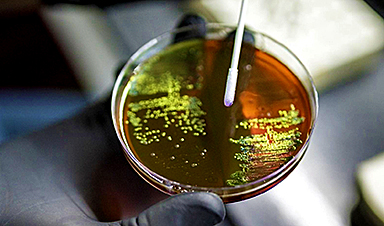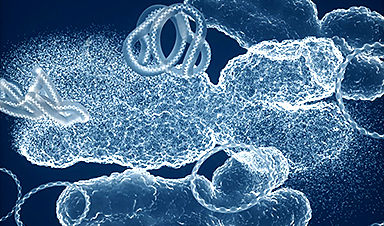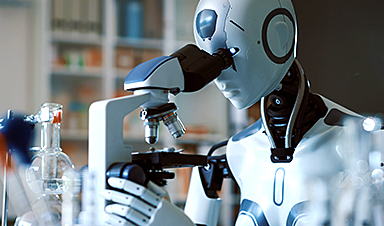AI’s Next Frontier: System 0 and the Future of Human Thought
“System 0” represents an emerging cognitive tool powered by AI that works alongside human intuition and analysis to enhance cognitive abilities. This new system promises to support complex decision-making and problem-solving but requires careful management to avoid overreliance and ensure ethical use. Introducing System 0 The growing interaction between humans and artificial intelligence (AI) is shaping [...]









